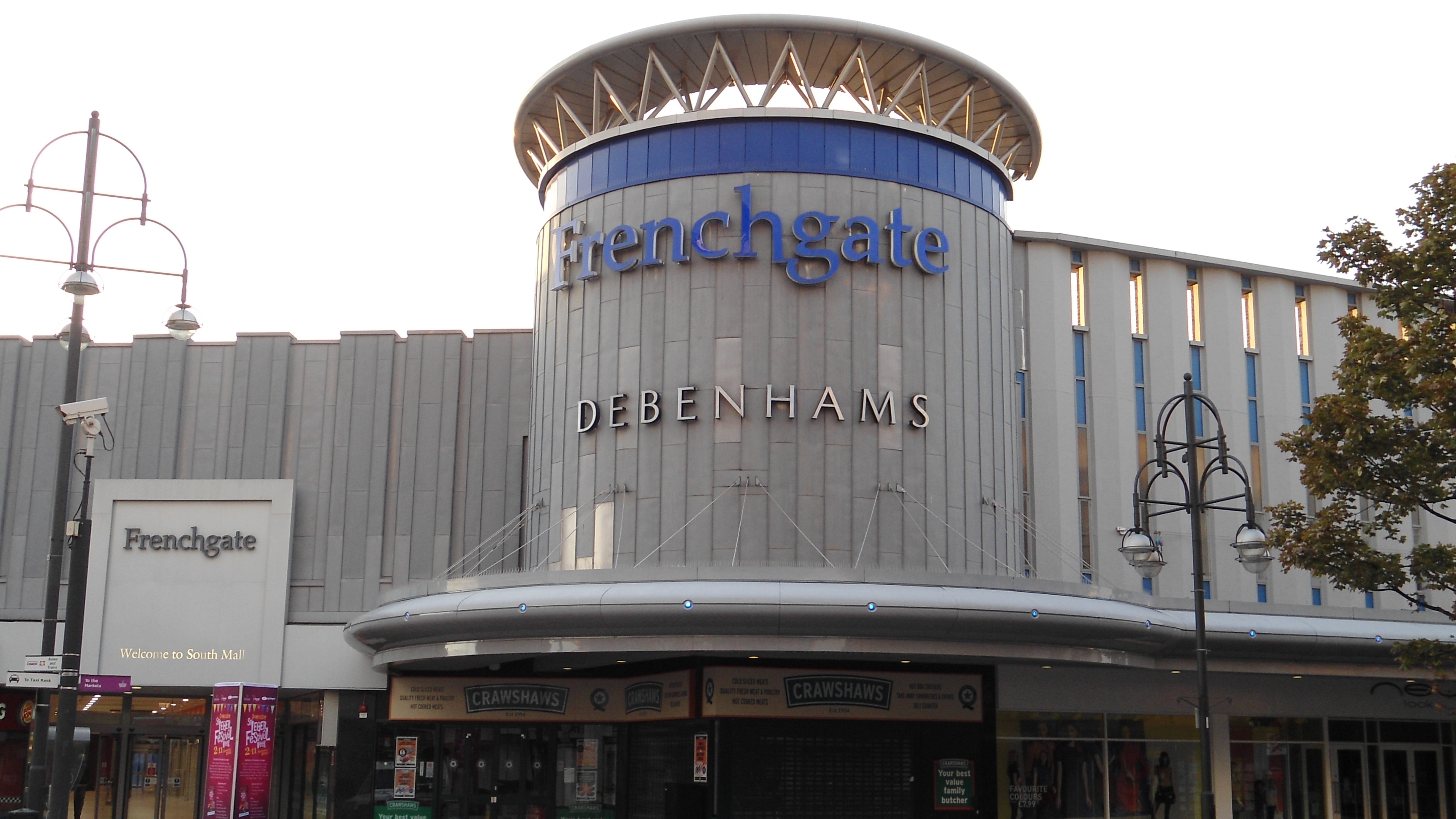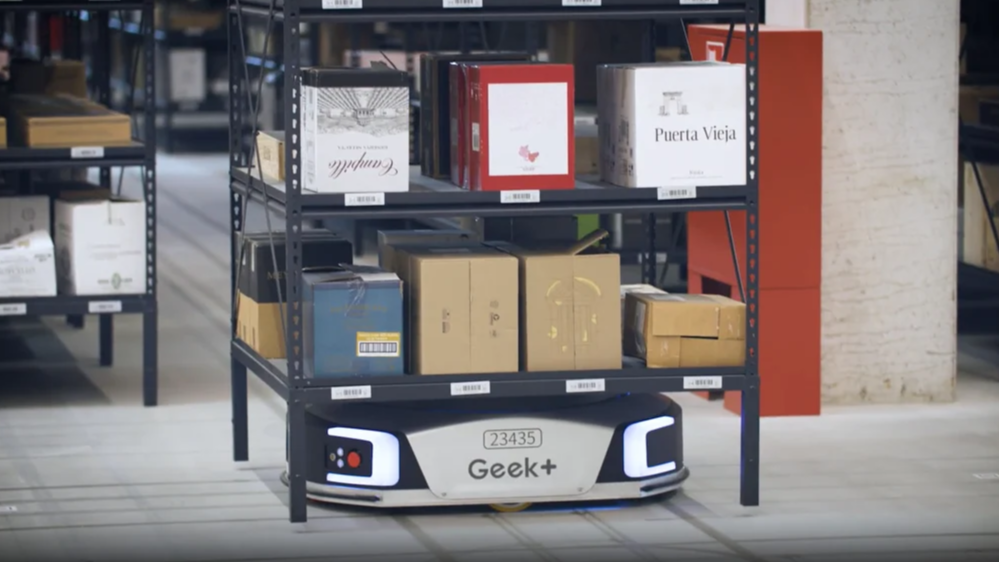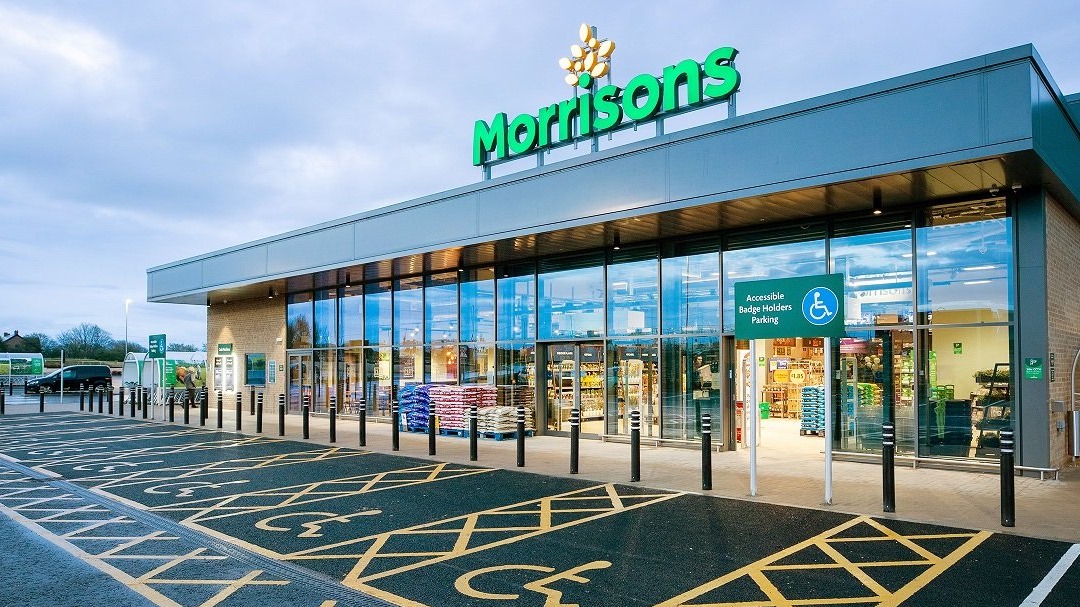Wine distributor Hawesko Group has partnered with mobile robotics manufacturer Geekplus and supply chain technology firm Körber to deploy 21 autonomous mobile robots in its warehouse.
The robots will be used in a warehouse in Tornech, Germany across 6,000 square meter area containing around 330 shelves. Hawesko estimates the robots will handle and handle around 20 million bottle of wine and champagne each year.
Hawesko said that productivity in the warehouse has increased by around 50 per cent as a result of the tech's implementation. The company added that it also has the option to expand the area the robots work in by 100 additional racks, which corresponds to approximately 40,000 additional items, in line with its growth ambitions. Hawesko can also employ additional robots in the system according to business needs.
“Geekplus is proud to continue our longstanding partnership with Körber, which has now grown to more than 3,000 robots deployed in eleven countries,” said Simon Houghton, director of sales UK&I and EMEA at Geekplus. “We work together to create unique solutions for customers like the Hawesko Group, helping them solve the challenges they currently face while enabling them to easily scale up their level of automation to meet future demands.”
Latest News
-
Tesco makes ‘significant strides’ on safety through body worn cameras
-
Flying Tiger Copenhagen appoints new group chief executive
-
Walgreens cuts over 600 jobs after buyout
-
Mango opens first store in Limerick as part of expansion plan
-
eBay and Etsy to buy Depop for $1.2bn
-
REWE opens automated fresh food facility to serve Berlin outlets
Beyond Channels: Redefining retail with Unified Commerce
This Retail Systems fireside chat with Nikki Baird, Vice President, Strategy & Product at Aptos will explore how unified commerce strategies enable retailers to tear down these barriers and unlock new levels of operational agility and customer satisfaction.
The future of self-checkout: Building a system that works for consumers and retailers
In this webinar, industry leaders discussed what the future of self-checkout looks like and how retailers can make the technology work for everyone.
© 2024 Perspective Publishing Privacy & Cookies










Recent Stories